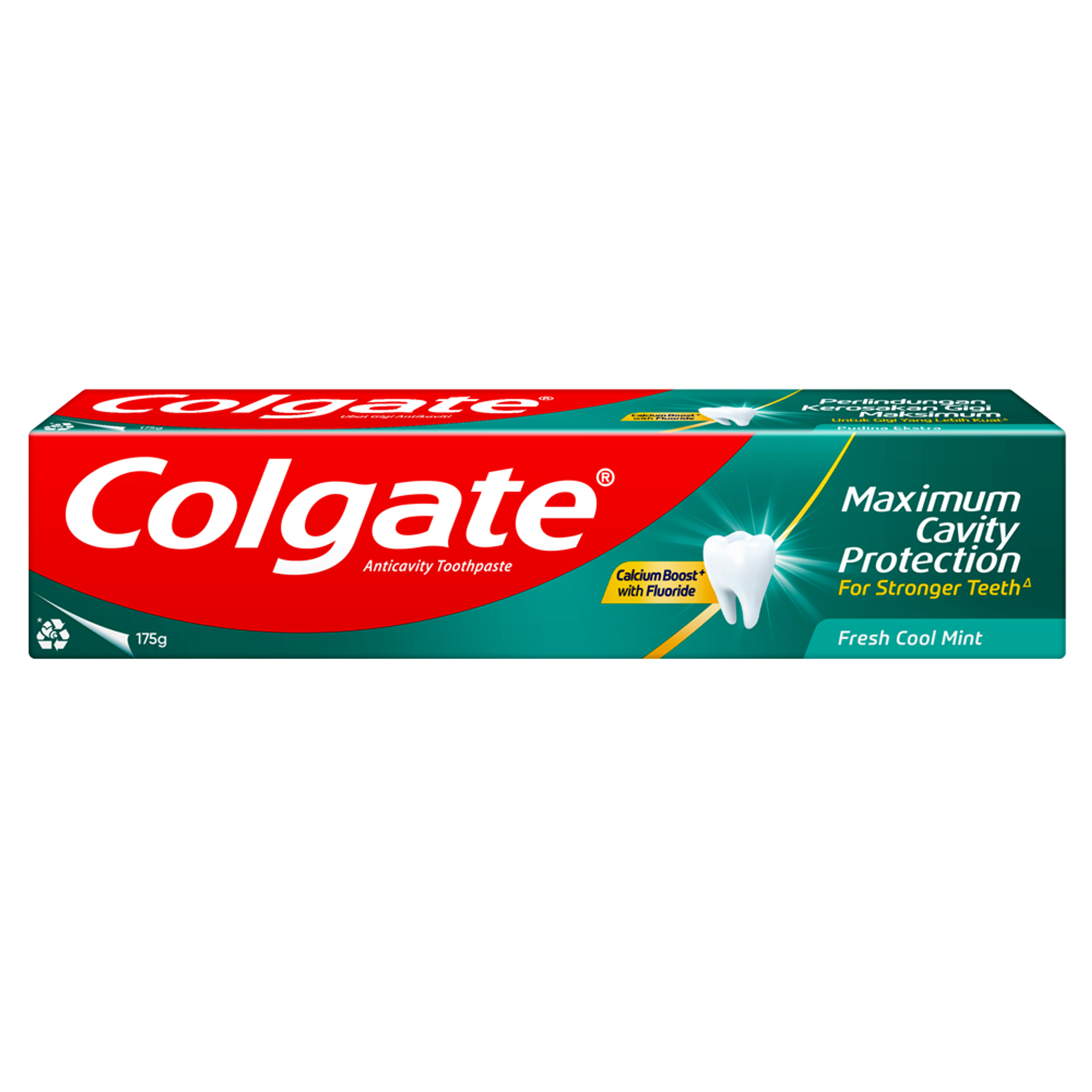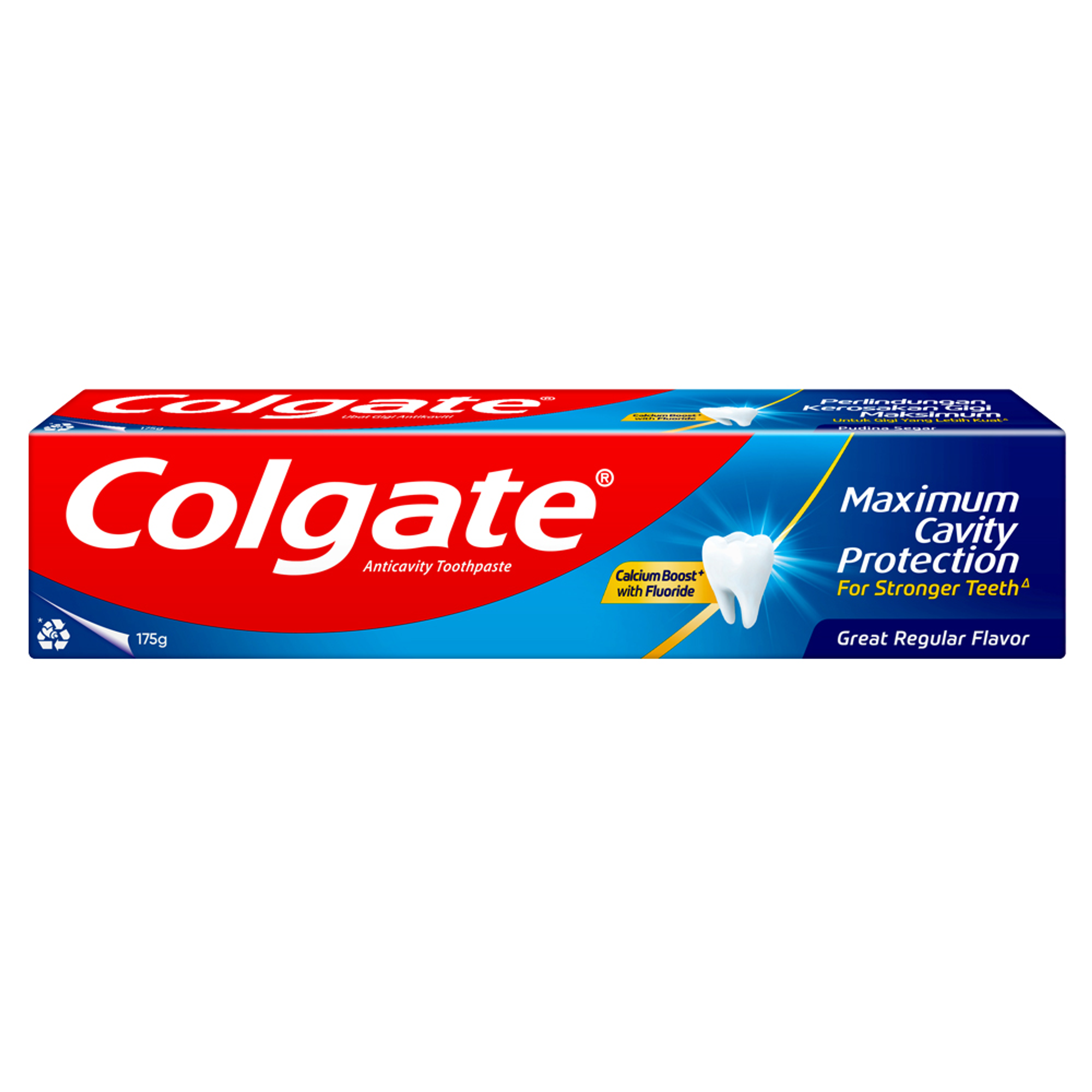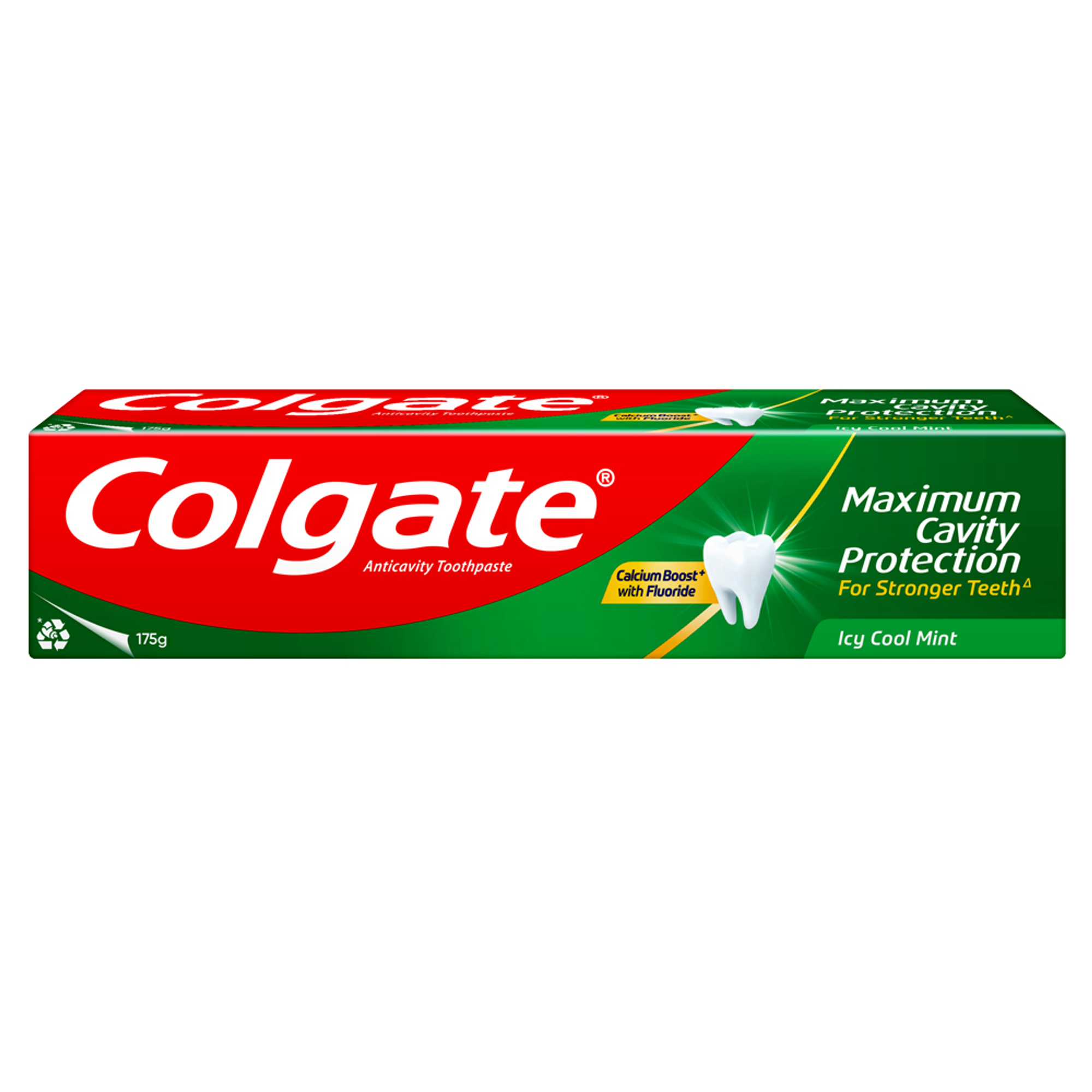Phobia vs. Anxiety
Suppose you feel some nervousness or stress before a dental appointment. In that case, you are grappling with a type of anxiety that is relatively common. But someone with a dental phobia has such intense fear; just the thought of going to the dentist can cause them to panic. Those with dental phobia are encouraged to seek professional help from licensed therapists or counsellors for coping mechanisms before their appointment.
Causes of Fear
Someone with an intense fear of the dentist is usually reacting to memories of an unpleasant experience in the past, whether it's the result of a painful incident or a similarly upsetting life event. Those who experience mild anxiety before a dental appointment, on the other hand, may just be nervous about a procedure they have yet to experience. Still others equate a dental visit with pain because their prior experience wasn't as pleasant as today's relatively pain-free dentistry allows.
Facing It
If you haven't been to a dentist for over a year because of fear, your teeth and gums may be paying the price. The good news is dentists today understand these fears and are doing what they can to make dental appointments more comfortable for their patients. For example, dental clinics provide friendlier environments than in the past, with cozy waiting rooms, soothing music and staff who know how to make the appointment feel less like a formal event. So don't be embarrassed to discuss your concerns and fears with your dentist. Together, you can customise solutions to reduce your stress level during future treatments.
Your dentist may ease you into dental treatment by scheduling simple procedures like exams or cleaning before starting more complicated procedures. They may even suggest some form of dental anaesthesia or sedation to eliminate pain and anxiety during this treatment stage. Dentists often use distraction to calm fears too – headphones for music or goggles for watching videos, both of which can divert your attention away from the process itself. Of course, nervous patients should consider using their own relaxation techniques as well.
Tips for Easing Dental Fears
- Ask friends and family. If you don’t already have a dentist, ask people you trust about their own dentist. Word-of-mouth is a great way to find a good dentist.
- Search for a dentist online. Many dental clinics have websites where you can learn about their practices and become familiar with the staff. If you have found a few dental practices that look promising, ask friends and neighbours if they are patients or know anything about them.
- Talk about your feelings. Once you have chosen a dentist, make sure you communicate with the dentist and the staff. Don’t be shy! You are not the first patient who ever felt nervous or anxious. Talking will make your dental experience more relaxed and pleasant.
- Ask questions. Ask your dental team to inform you about the type of dental treatment they recommend based upon your unique oral health needs. Once a treatment plan has been developed, ask your dentist to explain the procedures in detail. Knowing what to expect before it happens can help put your mind at ease.
- Try to relax. If you are nervous before going to a professional cleaning or dental procedure, talk to the dentist about making the experience more comfortable.
The dentist and staff should make every effort to make your visit comforting and less stressful.
Overcoming Fear with Prevention
Regular dental check-ups and cleanings are always essential to keep your mouth healthy. But it's the oral care at home that can keeps you from needing more complicated dental procedures down the line. Whether or not you have a fear of the dentist, brush your teeth thoroughly twice a day with fluoride toothpaste, floss at least once daily, and limit sugary snacks between your main courses.
As you and your dentist work hand-in-hand to make your visits more relaxed, it won't take long for your fears and stress to start weakening. And as each dental appointment becomes more comfortable, your teeth and gums will become healthier, and your smile more confident.













